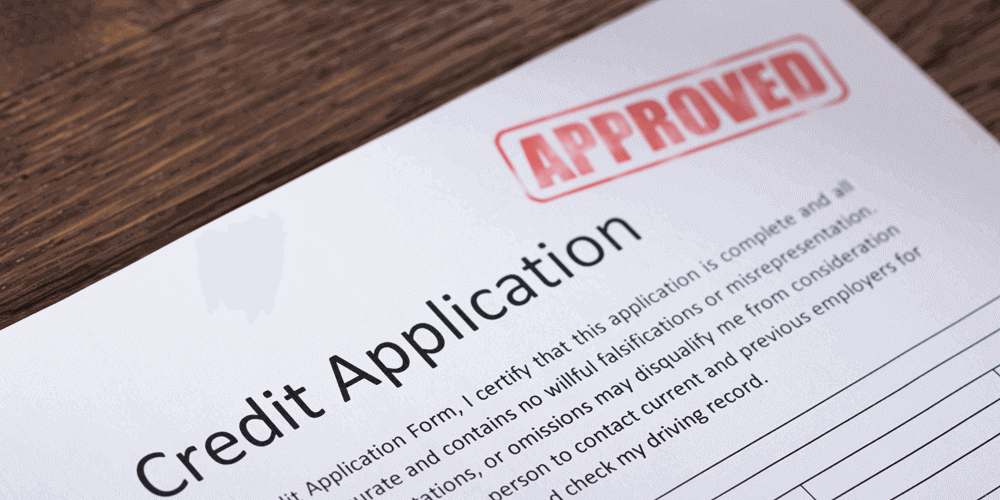Should I Refinance My Mortgage?


Highlights:
- Mortgage refinances can help homeowners save money by lowering their monthly housing cost, or by reducing their interest rates and improving the terms of their loan.
- It may make sense to consider refinancing if your financial circumstances have improved since you took out your original mortgage.
- Refinancing isn't beneficial for every homeowner or in every situation, so it's important to understand the pros and cons.
Mortgage refinances can help homeowners save money by lowering their monthly housing cost, or by reducing their interest rates and improving the terms of their loan. But is it always worth it to refinance a mortgage?
Here are some questions to help you decide whether refinancing your mortgage makes sense for your financial situation.
When should I refinance my mortgage?
Refinancing is the process of taking out a new home loan and using it to pay off the balance on your existing mortgage. Ideally, this new loan will be more beneficial than the old one in some way. For example, you might refinance to secure a lower interest rate, adjust the term length on your original mortgage or switch the type of loan that you have.
One of the primary benefits of refinancing is the ability to reduce your interest rate. A lower interest rate may mean lower mortgage payments each month. Plus, saving on interest means you end up paying less for your house overall and build equity in your home at a quicker rate.
You might also refinance to adjust the terms of your loan, which may result in lower monthly payments. For example, if your existing mortgage has a term of 15 or 25 years, securing a 30-year mortgage could allow you to make smaller monthly payments over a longer period of time. Or, if you've already paid off a significant portion of your 30-year mortgage, taking out a new 30-year loan for the balance could offer similar monthly savings.
Just remember: a longer mortgage term may mean lower monthly payments, but it could also mean you'll end up owing more in interest than you would with a shorter loan term. Be sure to consider whether your monthly savings are worth this increase in interest cost over time.
Finally, there may be some circumstances where you want to switch the type of home loan that you initially chose. For example, if you have a conventional mortgage that requires you to pay private mortgage insurance (PMI), refinancing to another loan type may help save you money.
With conventional mortgages, homebuyers who are unable to come up with a 20% down payment may be required to obtain PMI. Usually paid as a monthly premium, PMI is a type of insurance that helps protect the lender in the event you're unable to keep up with your mortgage payments. Other types of financing, such as FHA or VA loans, do not typically require PMI, even with a down payment of less than 20%. So, there may be some circumstances where refinancing from a conventional mortgage to a different loan type could allow you to save money.
Lowering your interest rate, adjusting your loan term or changing your loan type are all reasons you might choose to refinance. However, whether refinancing is right for you depends on your individual situation.
Things to consider before refinancing
Here are several questions to consider when deciding whether it's worth it to refinance your home:
- How long have you had your mortgage? The portion of your mortgage payment that goes toward interest decreases the longer you have been paying off your loan. That means that later in the life of your mortgage, more of your payment goes toward the principal (or the balance on the loan), which helps build equity in your home.
For example, if you've spent 21 years paying off a 30-year mortgage and most of your payment is going toward the principal, it may not be worthwhile to refinance your home. Why? Because you would be restarting the 30-year payment process and most of your new payments will be going toward interest, rather than building equity. However, if you only recently started paying your mortgage, it may be beneficial to refinance in order to secure a better interest rate or other favorable loan terms.
- Are you planning to move soon? Refinancing can be expensive due to the costs associated with qualifying for and closing on a new loan. If you're planning to move within a few years, the savings you earn from refinancing may not be enough to recoup the cost of refinancing with the limited time you have left.
- Does your mortgage have a prepayment penalty? Some lenders may charge a penalty when you pay off your mortgage early, even if you're planning to refinance. Consider whether the savings will offset the prepayment penalty; or, if you are refinancing with the same lender, see if they're willing to waive the penalty. Taking on a prepayment penalty can increase the time it will take to break even from refinancing costs, so this may be an important factor when deciding whether refinancing is right for you in the long run.
- Have you considered closing costs? You may also want to take a look at the closing costs you paid when you purchased the home. The closing costs, which include the origination fee, appraisal fee, title insurance and credit report fee, typically cost around 2% to 6% of the amount you're borrowing. If the savings you earn from refinancing for a lower interest rate does not equal or exceed the closing costs you already paid, it might not be worth the effort and financial strain you would go through to refinance the mortgage.
How do I know if it's worth it to refinance my home?
Under the right circumstances, a mortgage refinance could help you save money or more easily manage your mortgage payments. However, refinancing isn't beneficial in every situation.
It may make sense to consider refinancing if:
- The interest rates set by the Federal Reserve have dropped since you took out your first mortgage. In this situation, refinancing might help you save money over time in the form of lower interest payments.
- Your credit score has improved since you took out your original mortgage. Your credit score is among the factors that lenders consider when setting the interest rate and other loan terms for your mortgage. If your credit score has increased since you took out your first mortgage, you may now qualify for better options. In this case, refinancing may make it possible to obtain a lower interest rate or receive approval for a loan type that was previously unavailable to you.
- You need to lower your monthly mortgage payments and don't mind paying more in interest. In some circumstances, refinancing for a longer payment term may help you reduce your monthly mortgage payments. Just remember that lower monthly payments often mean you'll pay more money in interest over the life of the loan.
- The new loan would save you from paying PMI. You might consider refinancing if the process would give you access to a new loan that would not require PMI. Avoiding these payments is one way to make your monthly housing expense more manageable and save money over time.
Ultimately, whether refinancing is right for you depends on your unique financial situation. Be sure to weigh your options carefully before taking steps toward a mortgage refinance.

Sign up for a credit monitoring & ID theft protection product today!
For $19.95 per month, you can know where you stand with access to your 3-bureau credit report. Sign up for Equifax CompleteTM Premier today!



